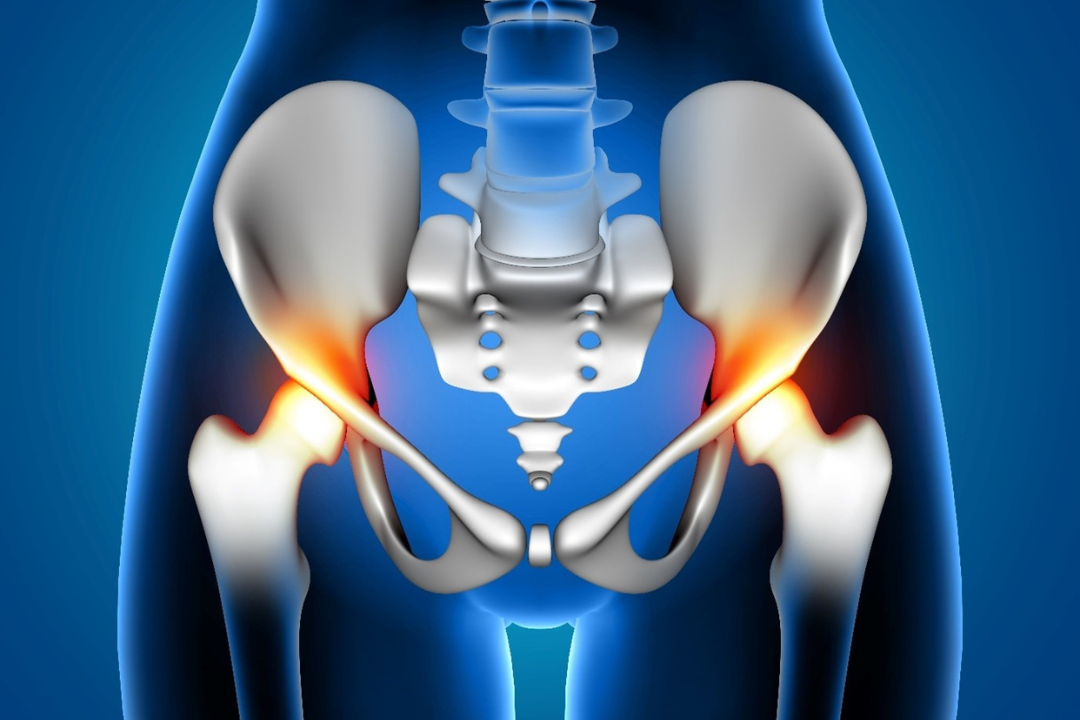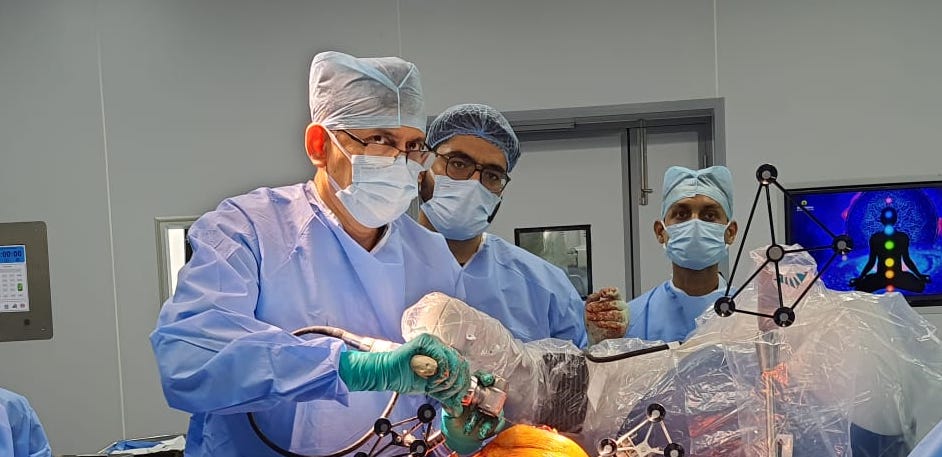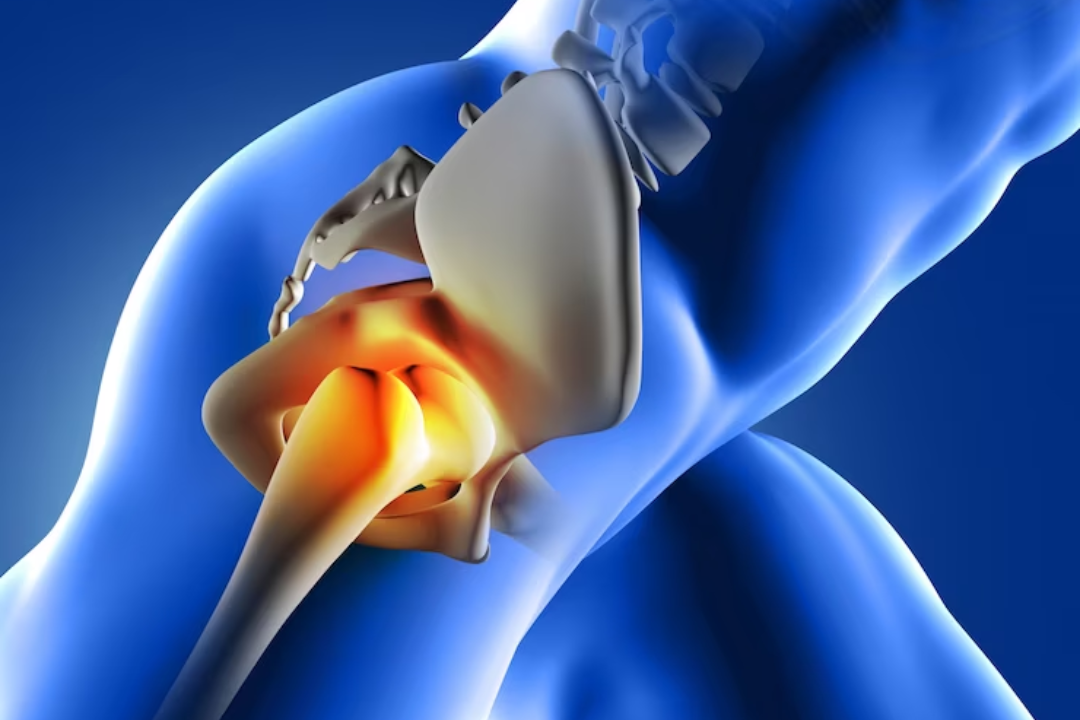Hip Replacement
Hip replacement, also known as hip arthroplasty, is a surgical procedure in which a damaged or diseased hip joint is replaced with an artificial joint, called a prosthesis. This surgery is typically performed when non-surgical treatments no longer provide relief from hip pain or when the hip joint is significantly damaged due to conditions like osteoarthritis, rheumatoid arthritis, avascular necrosis, or hip fractures.
- Pain Relief
- Enhanced Quality of Life
- Prevention of Further Joint Damage
What is a Hip Replacement?
What are the components of a hip replacement implant?
The hip replacement implant consists of a femoral component (metal stem with a ball), an acetabular component (cup-shaped socket), and, in some cases, a liner made of plastic, ceramic, or metal.
What is the recovery time after hip replacement surgery?
The initial recovery period usually involves a hospital stay of a few days, followed by several weeks of rehabilitation and physical therapy. Full recovery may take several months.
Are there any restrictions after hip replacement surgery?
While restrictions vary, patients are often advised to avoid certain activities, such as high-impact sports or excessive bending at the hip, during the early stages of recovery.
Can both hips be replaced at the same time?
In some cases, both hips can be replaced during the same surgical procedure, but this decision depends on factors such as the patient’s overall health and the surgeon’s recommendation.
Is there an age limit for hip replacement surgery?
There is no strict age limit, and eligibility for hip replacement is based on the individual’s health status and the severity of hip joint damage.
What are the alternatives to hip replacement surgery?
Alternatives may include conservative treatments such as medications, physical therapy, and lifestyle modifications. However, when these measures are not effective, hip replacement may be considered.
What You Need to Know Before Your Appointment
It’s best to be prepared when coming in for your appointment and therefore we recommend bringing the following when you visit us
All Previous Investigations
This includes any X-rays, MRI, CT Scans and their reports, new as well as old
List of Your Medications
A well formed list of medications will help us decide which medications will not react with others you might be taking
Previous Surgery Documents
If you have undergone a surgery before, any documents pertaining to that time will be helpful in understand what was done at that time
Tips For Keeping Your Hip Healthy

Mrs. Anjana
Above image is of her after undergoing a total knee replacement.




